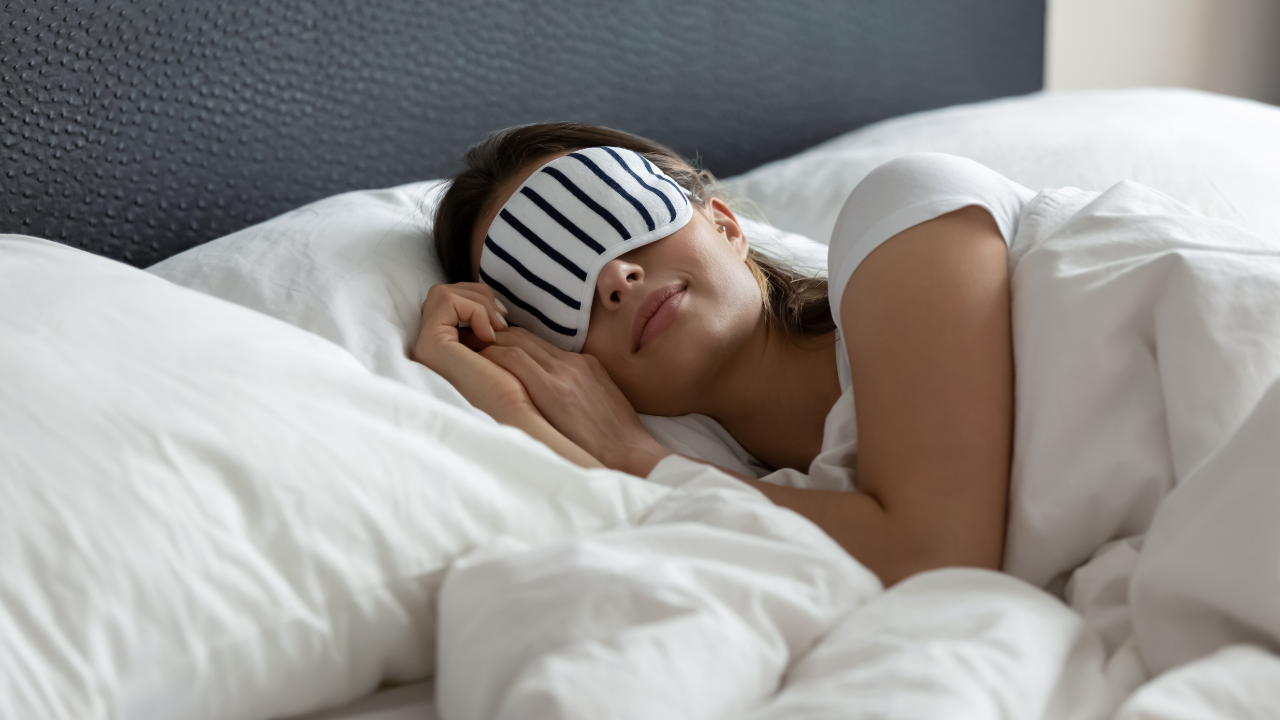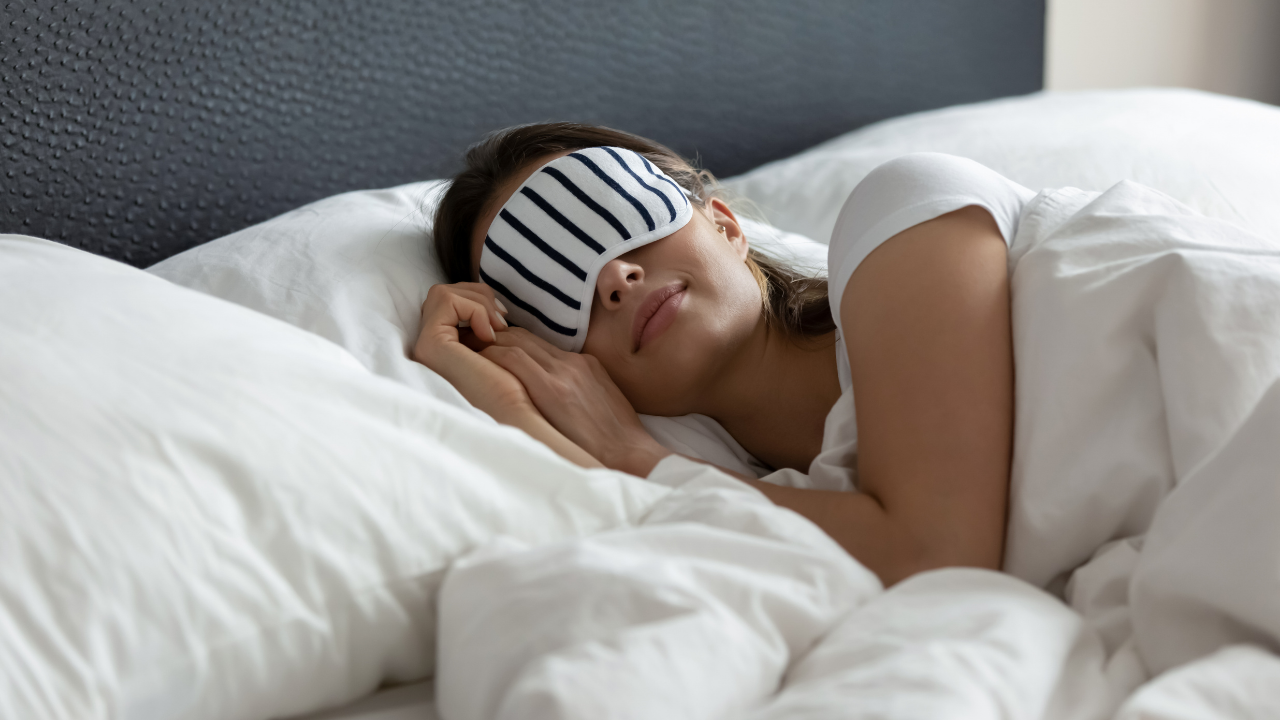
11 Successful Sleep Tips During Menopause
Oct 28, 2022It’s bedtime. We love bedtime. After a busy day (what’s new), we’re tired and ready to fall into a deep, well-earned sleep. Two hours later, and we’re still struggling to fall asleep. When we finally do fall asleep, we wake up several times throughout the night. What gives?!
The culprit: menopause. During this time, you may be experiencing hot flashes or night sweats. These rather uncomfortable intense periods of heat will often wake you up. They are energizing due to this sudden heat and adrenaline rush, which also makes it harder to fall back asleep.

Menopause can also contribute to feelings of depression and anxiety. This results in a harder time falling asleep and also leads to an earlier morning awakening. When you don’t get a good night’s rest, you may feel more anxious or depressed. It’s an unwelcome cycle.
We know your frustration because we’re going through it as well. We’ve compiled our personal top tips to get a better night’s rest. Invest in yourself and you will sleep more soundly. Sounds heavenly.
OUR SUCCESSFUL 11 TIPS FOR BETTER SLEEP
- Set a strict bedtime and wake time and stick to it. Yes, this means no sleeping in on Sundays. But, this means you can get ahead for the day and are more likely to get a good restorative sleep.
- Exercise regularly. Working out in general leads to better sleep. It relieves stress and anxiety, promotes deep sleep, and tires you out. However, avoid strenuous exercise 2-3 hours before bedtime. Difficult workouts activate your nervous system and increase your heart rate and body temperature, in turn making it harder to fall asleep.
- No naps over 20 minutes during the day. This can interfere with your ability to fall asleep come bedtime. Not worth it.
- Stop drinking caffeine at least eight hours before bed. This ensures the stimulant effects of caffeine have mostly worn off.
- Steer clear of alcohol before bed. It may trigger hot flashes, mood swings, or insomnia. Also, as the sedative effects of alcohol wear off, you may experience fragmented sleep. Instead, enjoy a cup of decaffeinated tea.
- Avoid eating spicy or acidic foods, as these can trigger hot flashes. Food can still be flavorful without being spicy :).
- Don’t eat large meals later in the evening, as these can lead to indigestion, heartburn, or acid reflux. How uncomfortable! Dinner should be your smallest meal of the day.
- Turn off all electronics at least an hour before bedtime. The blue light from your screens trick your brain into thinking it’s daytime. You then release less of the sleep hormone melatonin. We don’t want this to happen!
- Create an optimal sleeping environment. We find it best to have a cool and well-ventilated bedroom, a comfortable bed with lighter fabrics like cotton, a medium-hard pillow, and lightweight, loose PJs. We also like a very dark room with no noise.
- To combat feelings of anxiety, meditate before bed. You can also practice deep breathing techniques (box breathing or 4-7-8 breathing), read a book, or listen to soothing music. You want to partake in a calming activity that brings you comfort.
- If you experience a hot flash in the middle of the night, have a set routine to help you fall back asleep. Stay in bed in the dark so you don’t wake yourself up even more. Reach for your glass of ice water you set on your bedside table to prepare for this inevitable hot flash. You can also have an extra pair of lightweight PJs close by.
There you have it!
We don’t want you to feel overwhelmed. Start with the three or four tips that you think will make the most difference for your sleep quality and duration. Work your way up to practicing all nine tips for better sleep. It will become a habit in no time.
You got this, all you ROCKin women!

